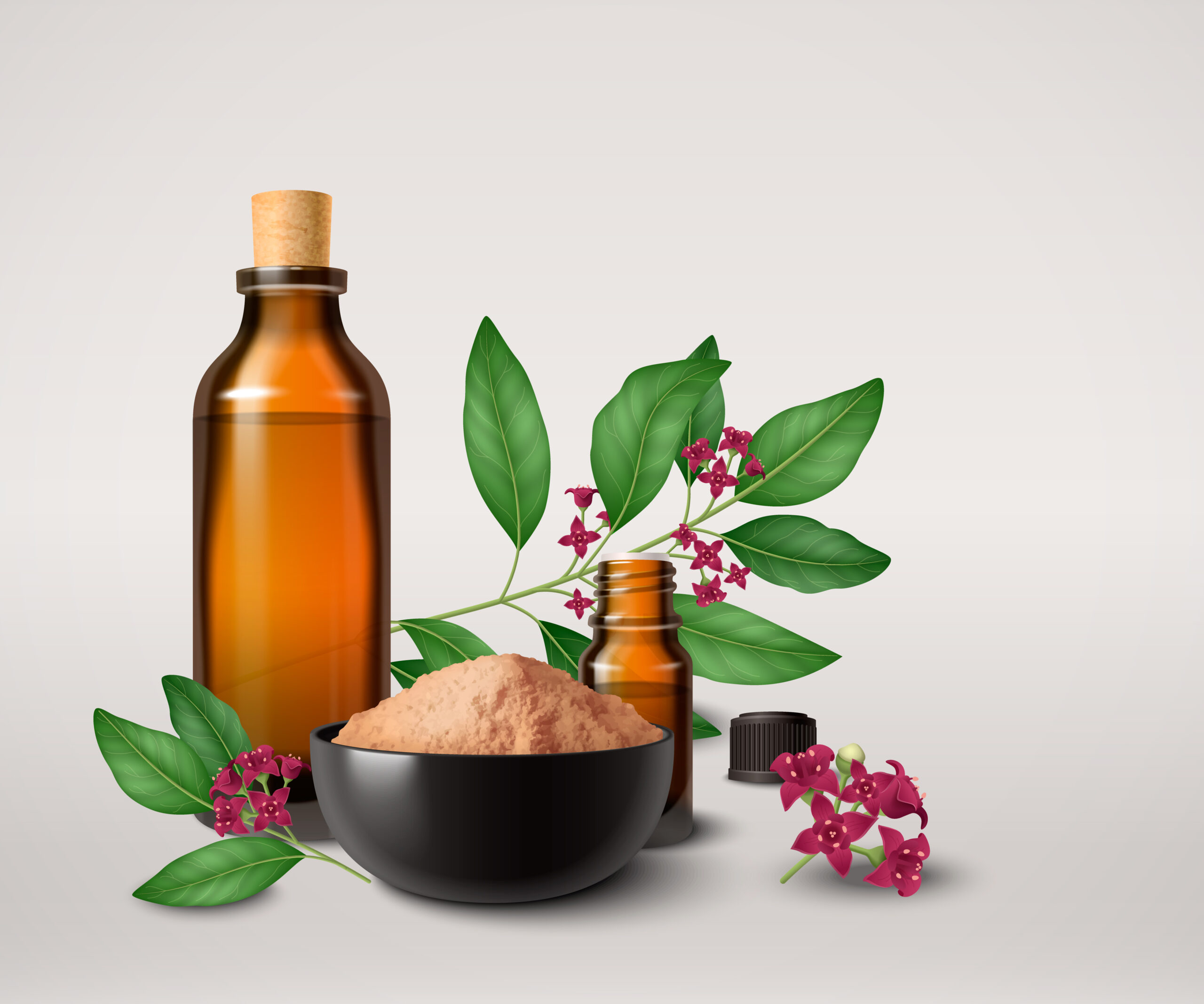Natural Pain Relief is a universal experience that can range from mild discomfort to debilitating agony. While over-the-counter medications and prescription drugs are commonly used to alleviate pain, they often come with side effects and the potential for dependency. For those seeking a more natural, holistic approach to pain management, numerous remedies can offer relief without the drawbacks of pharmaceuticals. This article explores a variety of natural remedies for pain relief, from herbal supplements and essential oils to lifestyle changes and physical therapies.
The Benefits of Natural Pain Relief
Natural remedies for pain relief are appealing for several reasons. They are often gentler on the body, minimizing the risk of side effects. Additionally, many natural treatments focus on addressing the root cause of pain rather than just masking symptoms. This holistic approach can lead to long-term benefits and overall improved well-being.
Some of the key benefits of natural pain relief include:
- Reduced Risk of Side Effects: Unlike synthetic drugs, natural remedies are less likely to cause side effects, making them safer for long-term use.
- Holistic Healing: Natural remedies often address the underlying causes of pain, such as inflammation, stress, or poor circulation, leading to more comprehensive healing.
- Sustainability: Many natural pain relief methods are derived from renewable resources and are environmentally friendly.
- Accessibility: Natural remedies are often more affordable and accessible than prescription medications.
Top Natural Remedies for Pain Relief
Numerous natural remedies can help alleviate pain, each with its unique properties and benefits. Below are some of the most effective options:
- Turmeric: The Anti-Inflammatory Hero Turmeric is a powerful anti-inflammatory spice that has been used for centuries in traditional medicine. Its active compound, curcumin, has been shown to reduce inflammation and relieve pain associated with conditions like arthritis and muscle injuries. You can incorporate turmeric into your diet by adding it to meals, or you can take it as a supplement. For enhanced absorption, combine turmeric with black pepper, which contains piperine, a compound that increases curcumin’s bioavailability.
- Ginger: Nature’s Analgesic Ginger is another potent anti-inflammatory that can help reduce pain, particularly in cases of arthritis and muscle soreness. It works by blocking certain inflammatory compounds in the body, similar to the way non-steroidal anti-inflammatory drugs (NSAIDs) work. You can consume ginger in various forms, including fresh ginger root, ginger tea, or ginger supplements. Regular consumption can help manage chronic pain and reduce the need for pain medications.
- Willow Bark: The Natural Aspirin Willow bark has been used for centuries as a natural pain reliever. It contains salicin, a compound similar to aspirin, which can help reduce pain and inflammation. Willow bark is particularly effective for treating headaches, lower back pain, and osteoarthritis. It can be taken as a tea, tincture, or capsule. However, it is important to consult with a healthcare professional before using willow bark, especially if you have a sensitivity to aspirin or are taking other medications.
- Capsaicin: The Heat Treatment Capsaicin, the active component in chili peppers, is known for its ability to relieve pain by depleting a neurotransmitter called substance P, which is responsible for transmitting pain signals to the brain. Topical creams containing capsaicin can be applied to the skin to relieve pain from conditions such as arthritis, nerve pain, and muscle strains. While it may cause a burning sensation initially, regular use can lead to significant pain reduction over time.
- Arnica: The Homeopathic Healer Arnica is a homeopathic remedy derived from the Arnica Montana plant. It is widely used to treat pain and bruising from injuries such as sprains, strains, and muscle aches. Arnica is available in various forms, including creams, gels, and oral tablets. When applied topically, it helps reduce inflammation and promotes healing in the affected area.
- Epsom Salt: The Soothing Soak Epsom salt, or magnesium sulfate, is a natural remedy that can help alleviate muscle pain and tension. Magnesium is a mineral that plays a crucial role in muscle function, and soaking in an Epsom salt bath allows the skin to absorb magnesium, providing relief from soreness and cramps. To use Epsom salt, add 1-2 cups to a warm bath and soak for 20-30 minutes. This simple treatment can help relax muscles and reduce pain after physical activity.
- Lavender Essential Oil: The Calming Comfort Lavender essential oil is well-known for its calming and relaxing properties, but it also has pain-relieving effects. It can be used to alleviate headaches, migraines, and muscle pain. To use lavender for pain relief, dilute a few drops of the essential oil in a carrier oil (such as coconut or almond oil) and massage it into the affected area. Alternatively, you can add a few drops of lavender oil to a warm bath for a soothing soak.
- Peppermint Oil: The Cooling Relief Peppermint oil is another essential oil that is effective for pain relief, particularly for headaches and muscle aches. Its menthol content provides a cooling sensation that can soothe sore muscles and reduce tension. To use peppermint oil, dilute it with a carrier oil and apply it to the temples, neck, or sore muscles. The cooling effect can provide immediate relief, especially when combined with gentle massage.
- Acupuncture: The Ancient Technique Acupuncture is a traditional Chinese medicine practice that involves inserting thin needles into specific points on the body to balance energy flow and relieve pain. It is particularly effective for chronic pain conditions such as back pain, migraines, and arthritis. Acupuncture is believed to stimulate the body’s natural painkillers, such as endorphins, and improve blood circulation, which can help reduce pain and promote healing.
- Physical Therapy and Exercise: Movement as Medicine Physical therapy and regular exercise are essential components of natural pain management. Gentle stretching, strengthening exercises, and low-impact activities like swimming or yoga can help improve mobility, reduce stiffness, and alleviate pain. Physical therapists can design personalized exercise programs that target specific areas of pain, helping to build strength and prevent future injuries.
Lifestyle Changes to Support Pain Relief
In addition to specific natural remedies, certain lifestyle changes can significantly impact your pain levels and overall well-being. Consider incorporating the following practices into your daily routine:
- Maintain a Healthy Diet: A diet rich in anti-inflammatory foods, such as fruits, vegetables, whole grains, and healthy fats, can help reduce inflammation and support pain relief.
- Stay Hydrated: Dehydration can exacerbate pain, particularly in conditions like headaches and muscle cramps. Aim to drink plenty of water throughout the day to keep your body hydrated.
- Practice Stress Management: Stress can intensify pain and make it harder to manage. Techniques such as deep breathing, meditation, and mindfulness can help reduce stress and alleviate pain.
- Get Enough Sleep: Quality sleep is essential for pain management and overall health. Ensure you get 7-9 hours of restful sleep each night to support your body’s natural healing processes.
- Limit Alcohol and Caffeine: Both alcohol and caffeine can interfere with sleep and exacerbate pain. Try to limit your intake, especially if you experience chronic pain.
Conclusion
Natural remedies for pain relief offer a holistic and effective way to manage discomfort without the risks associated with pharmaceuticals. By incorporating natural treatments like turmeric, ginger, willow bark, and essential oils into your routine, you can alleviate pain and improve your overall quality of life. Additionally, adopting a healthy lifestyle that includes regular exercise, a balanced diet, and stress management can further enhance your ability to manage pain naturally. As always, it’s important to consult with a healthcare professional before starting any new treatment, especially if you have underlying health conditions or are taking other medications.




